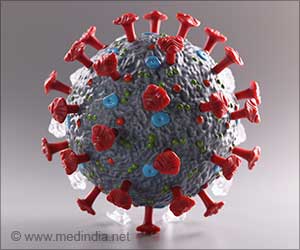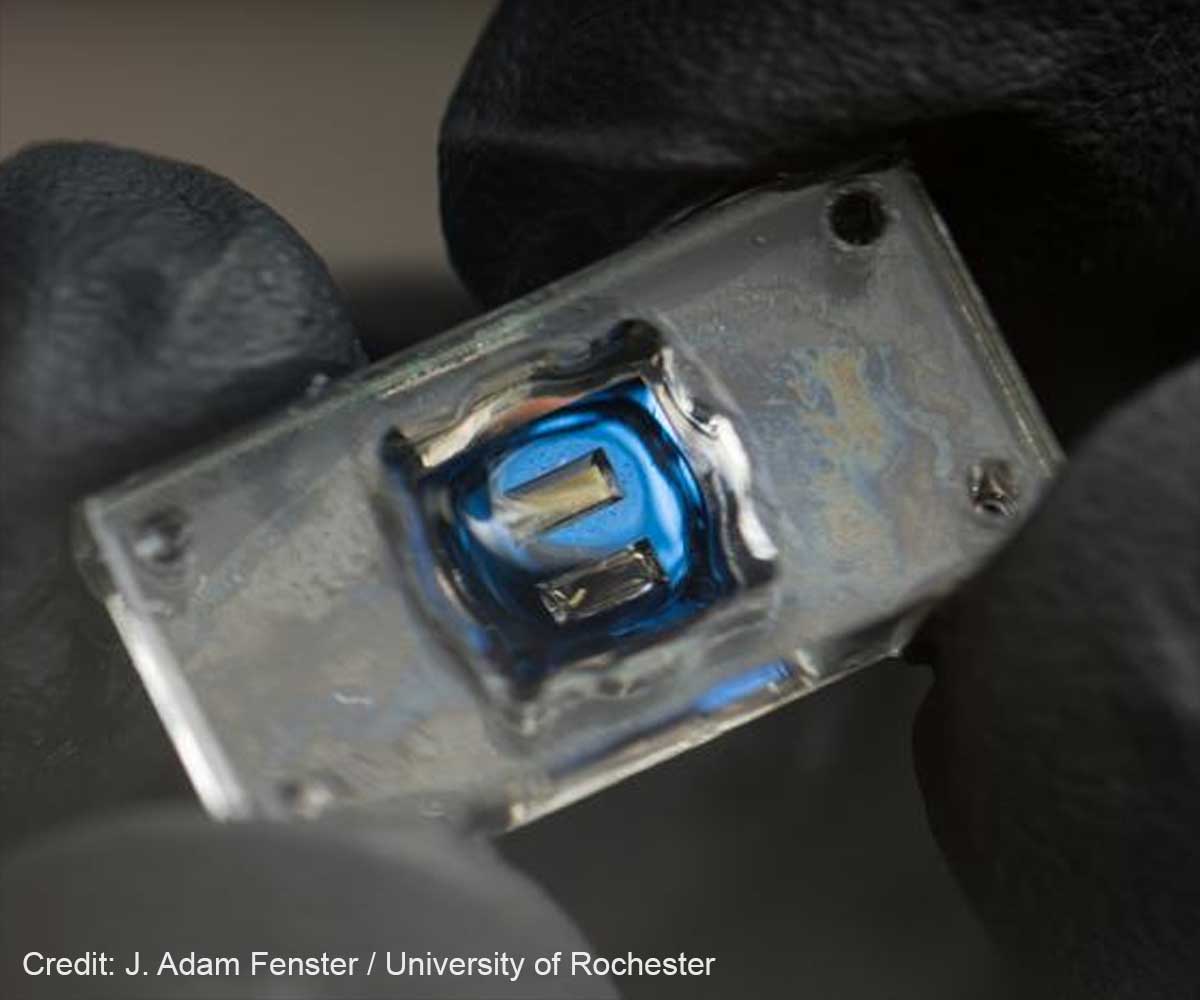“We are continuously monitoring the new strains for more transmissibility, severity (that is whether the virus is capable of increasing mortality rate and hospitalization), and how it’s escaping immunity. If the need arises, we can make vaccines according to the strain,” he added.
He said that there were only 29 percent takers for the COVID booster vaccine in India. We can find more takers based on the threat perception, he said.
India’s ICMR on the Frontline of Vaccine Innovation
Further, he noted that along with global countries India aims to develop a vaccine for any kind of pandemic-causing disease, within 100 days. Amid the ongoing Nipah virus cases in India, Bahl said also noted that India is procuring 20 more doses from Australia.
Advertisement
Bahl said that the M102.4 antibody was tested on 14 people globally and found safe, that is no one died, by the University of Queensland in Australia. It will be administered on “compassionate grounds”, as there has been no knowledge of its side effects, and will be decided by the Kerala government and doctors there.
“Currently India has doses for 10 people, we have requested 10 more people,” Bahl said. Each person requires two doses, and so far it has not been administered to anyone in India, he added.
The vaccine was developed by Queensland researchers in three batches and stored at minus 80 temperature and is stable for five years. India first received the vaccine in 2018, but couldn’t use it as the Nipah virus cases died down by then.
In addition, the ICMR has also deployed its first mobile BSIII (Biosafety level-3) laboratory in Kozhikode for on-ground testing of the cases.
Source: IANS



